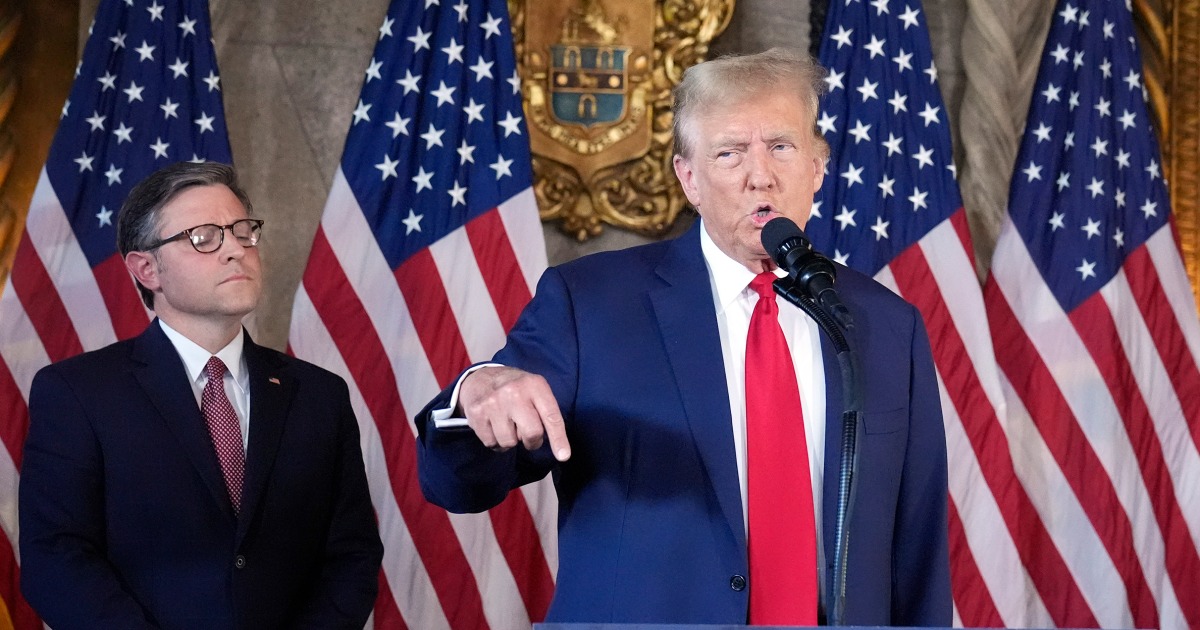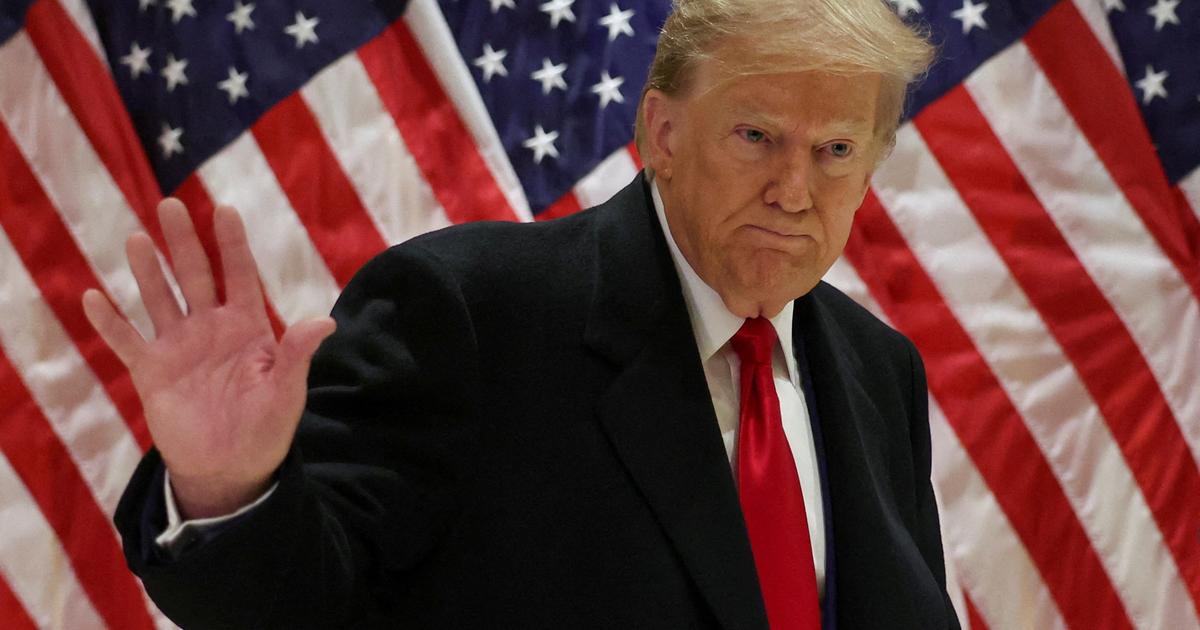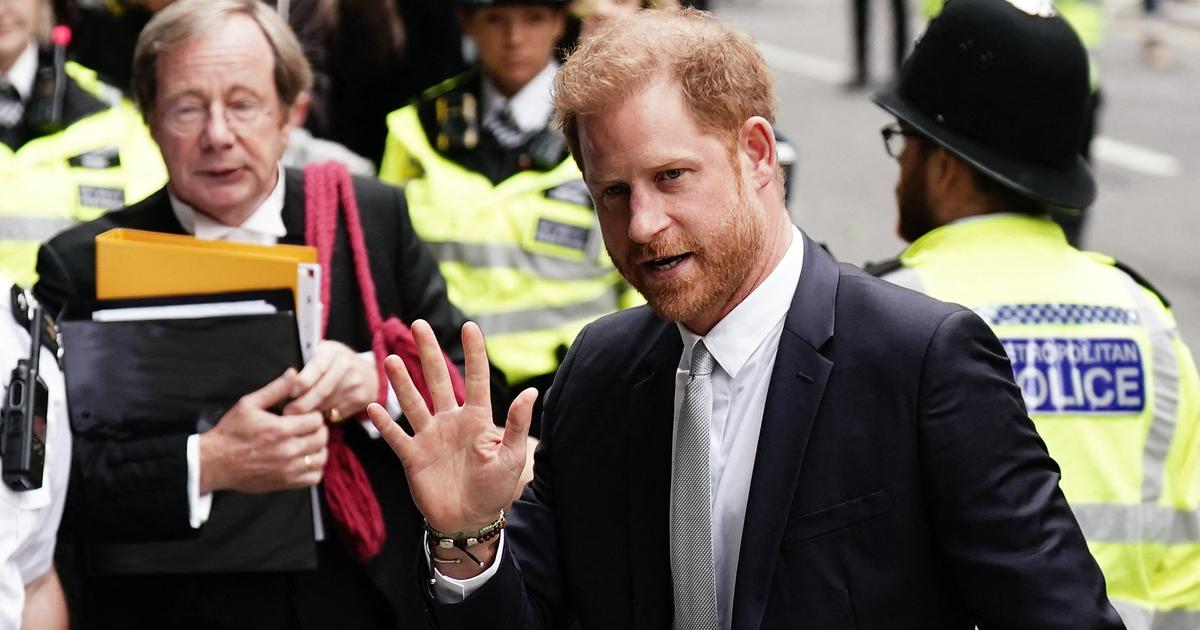Who belongs to it - and above all: who does not? That is the question that was debated by the Indian Parliament this week and the answer was clear: who will be allowed to become an Indian quickly will be decided by religion for the first time.
The House of Lords has passed a new, highly controversial citizenship law. The change facilitates naturalization for Hindus, Sikhs, Christians, Buddhists, Jains, and Pars who fled Pakistan, Bangladesh or Afghanistan before 2014 and are irregularly residing in the country. So almost every religious minority in South Asia, with one big exception: the Muslims.
Members of the Islamic community still have to wait eleven years for their citizenship; for everyone else, there are only six years left. In the northeast of the country, on the border with Bangladesh, there was then violent protests.
Premier Narendra Modi tweeted the law, "Alleviate the suffering of all those who had to fear persecution for years." India, the government wants to know, fulfills its moral responsibility by becoming a safe haven for persecuted minorities. Muslims would be exempted because they would not have to fear discrimination in the selected countries.
However, a number of questions leave the government unanswered: when it comes to protecting minorities, why not from neighboring countries such as China and Myanmar, where hundreds of thousands of Muslim Uighurs and Rohingya are currently forced to flee from displacement and torture? And should the selection of countries refer to the division and history of India, as the Home Secretary argues, why is Afghanistan on the list, and not just Bangladesh and Pakistan?
Anupam Nath / AP
Protests against the new citizenship law (in the state of Assam)
The choice of countries and populations makes critics fear that the government could go for something else. Opposition leader Sonia Gandhi called the law "the victory of narrow-minded and fanatical forces."
The two political scientists Christophe Jaffrelot and Sharik Laliwala write in the "Indian Express" that the law is part of "Modi's campaign to transform India into an overt Hindu nation." And the United States Commission on International Religious Freedom of the United States even calls for sanctions against Interior Minister Amit Shah.
A spokesman for the Indian Ministry of Foreign Affairs dismissed the allegations as "neither right nor justified". "The initiative should be welcomed and not criticized by anyone who is truly committed to religious freedom."
The accusation secretly pursuing an anti-Muslim agenda surrounds the Modis government since taking office in 2014. Modi and his party, the BJP, are Hindu nationalists. In her eyes, India is the only homeland of the Hindus and must understand itself as such. The 200 million Muslims in the country, after all the third largest community in the world after Indonesia and Pakistan, are welcome as long as they follow the rules of the Hindu majority.
Since re-election in May, Modi's government has made some efforts to reverse the alleged preference:
- At the beginning of August, New Delhi deprived autonomy of the sole majority Muslim state of Jammu and Kashmir.
- The Internet in the region has been shut down for four months and local politicians are in custody.
- A month ago, the Supreme Court allowed a temple to be built on a holy site in Ayodhya. Hindu extremists had demolished a 16th century mosque there in 1992.
Also the citizenship law is one of the demands of the Hindu nationalists. However, it only becomes really relevant in combination with another project.
The Home Secretary has announced that all Indians will need to prove their citizenship by 2024 in order to track down illegal immigrants. A similar endeavor already existed in the state of Assam. There, 33 million residents had been asked to procure documents proving their descent.
Almost two million people failed and have been on the brink of statelessness since this year. Interior Minister Shah has promised that nobody will have to worry about the new citizenship law. The only ones he did not mention were Muslims.















